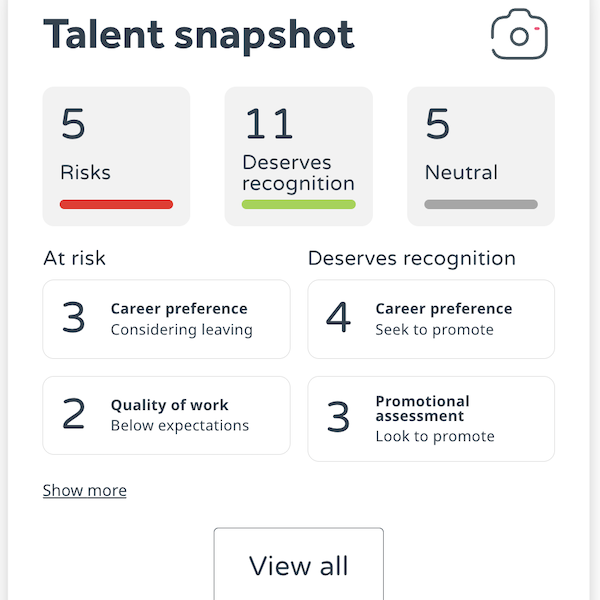Last week Staff at Google offices around the world staged an unprecedented series of walkouts in protest at the company’s treatment of women. In this blog we explore why you should be worried too…
Is there a chance your staff might strike because of something you didn’t see coming?
In short, yes. Staff have always been prepared to walk out over core matters like pay and safety, but issues of company culture, that used to be well below the board’s radar, are suddenly very important indeed. Even the mighty Google, beacon of modern management practice, can be suddenly and very publicly humiliated by the staff.
What was the walkout really about?
According to the New York Times, Google has been paying off staff involved in allegations of sexual misconduct, one senior executive receiving £69m despite a ‘credible allegation’ of sexual assault.
According to BBC News, Google has also been using ‘forced arbitration’ to keep allegations out of the courts.
Unsurprisingly this has made staff angry – Claire Stapleton, one of the seven women who organised the protest, said: that Google does not ‘meet the basics of respect, justice, and fairness for every single person here’, specifically citing equal pay and opportunities, and better transparency over gender bias, sexual misconduct and harassment complaints.
Apart from showing that no company is safe, unless of course they actually treat people fairly, this walkout makes one thing extremely clear…
You can’t bribe staff with baubles
Google has a wonderful range of benefits for staff (though some them, like free egg-freezing for female employees, have backfired for obvious reasons as staff see right through to the underlying agenda). However, none of these benefits will make up for a culture that does not treat people fairly, and the hypocrisy of bribing staff instead of sorting out the things that really matter is there for all to see.
We have been saying this ever since the appearance of fringe benefits like yoga, ping-pong and paninis as supposed levers in the Employee Engagement space. But the Google walkout has made it clear that what’s being called the ‘fruit-bowl gap’ cannot be ignored. If we are going to have a fairer society – and I think we are – we have to include the costs of treating all employees fairly at every stage in their working lives, whatever their characteristics.
In practice this means maternity and paternity leave, childcare, physical and mental health assistance, and whatever else it takes to keep our employees healthy. Not just because there’s an ethical imperative to do so, but because there is an ROI to it as well.
The walkout was inevitable and avoidable
Inevitable because the fundamental misunderstanding of the whole concept of Employee Engagement has inevitably led to lazy assumptions that you can buy employees’ effort, loyalty and maybe even happiness by giving them some fruit.
Avoidable from now on because it is now clear that you have to meet the actual needs of the staff, not just follow current management trends.
How do you do that?
Well, you have to listen to them. Really listen. Listen to how well work is working, of course, but also to how well the whole bio-psycho-social edifice of the company is performing, because that is the totality of the company culture and it determines more than anything else whether the business is sustainable.
And then, having listened, you have to do something about the areas of working life that people are finding difficult; whether they are to do with operations, culture, management, or anything else.
Like any new management initiative, this will involve some investment, particularly of time. However, our experience shows that other costs will fall as staff retention and sickness rates improve. Some people may fear that this kind of initiative would be more likely to affect the West, and could make Western companies uncompetitive, but the global influence of social media makes this less likely – Google staff walked out in Singapore as well as in California.
You can’t not do something
No company is free of bias, conscious or unconscious. No company is free of frustrations of all kinds, practical and cultural, that staff are putting up with – for now. But we are seeing the beginning of a new contract between the powerful and the individual; just as Hollywood producers have to forget about the casting couch, so every company now has to re-examine the way staff are treated and be on constant look-out for unseen unfairness.
The process of listening will inevitably bring out some unfairness built-in to the cultural fabric of the company. Accept the findings and get to work; the reward will be more loyal staff. It will also bring out a whole range of other, perhaps lesser, issues that are nonetheless contributing to inefficiency and unhappiness.
Start here
If you’re not sure how to start, take a look at our webinar where we share the many benefits of listening carefully to the staff, and explaining why doing so without anonymity increases employees’ buy-in, commitment and honesty, where the company culture makes attributable surveys possible.

